How can place attachment improve scientific literacy?
Futurum
FEBRUARY 2, 2023
Together, Ben and Julia are collaborating to research whether COASST participant place attachment shapes understanding of the local environment and specific critical thinking skills. “In Ben and Julia used two social science research methods to gather data. How are Ben and Julia working on this? What do the results show?

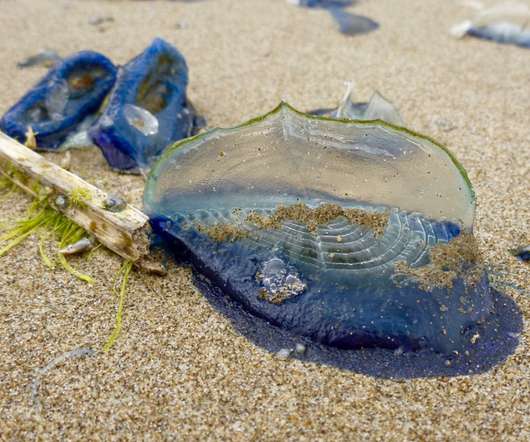
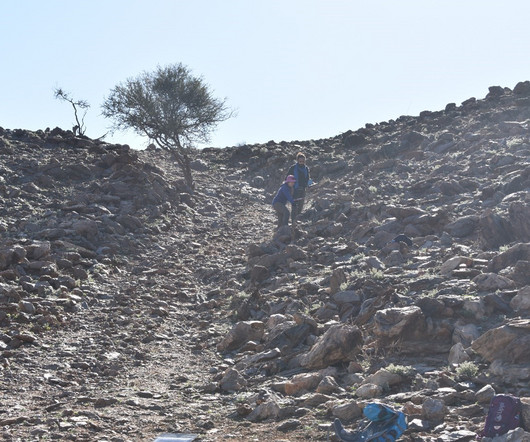
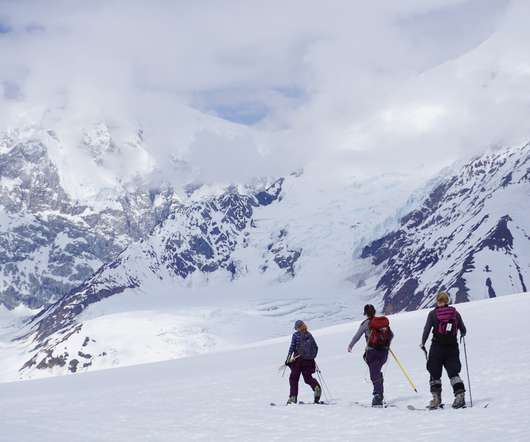
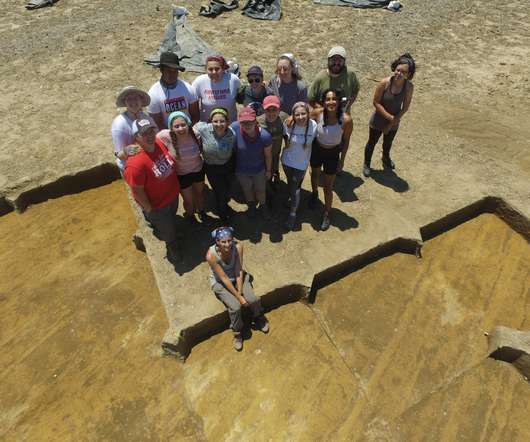
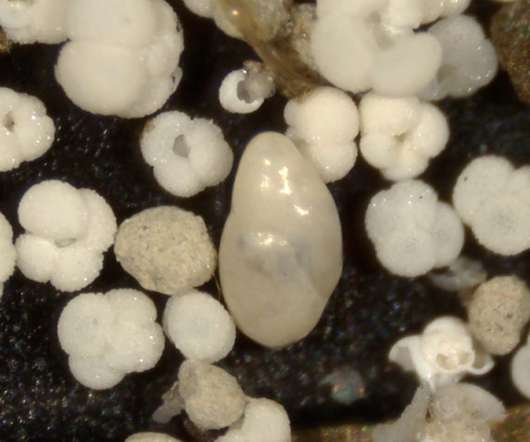
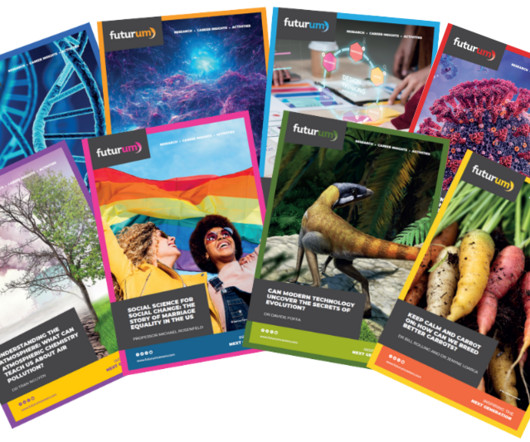






Let's personalize your content